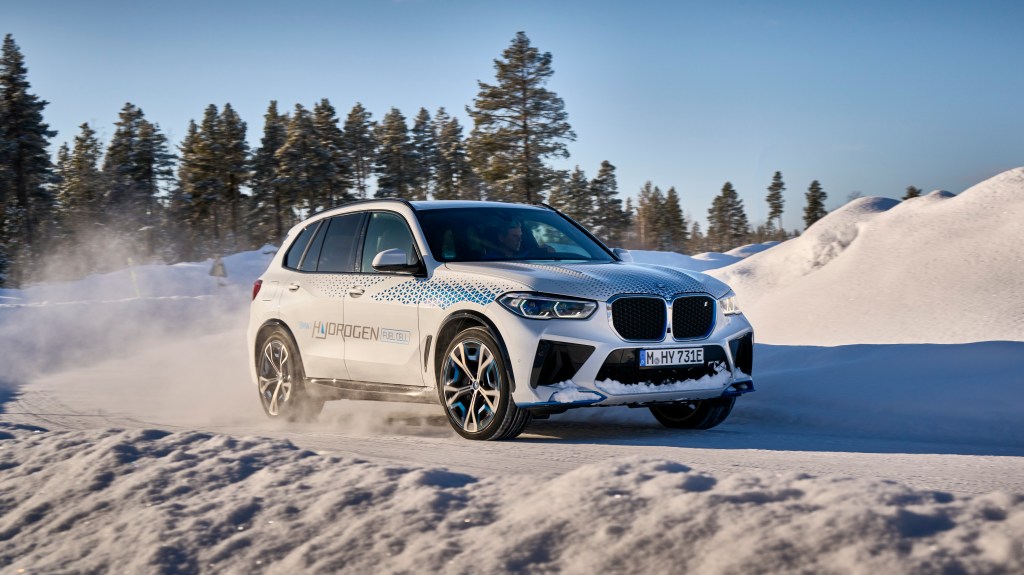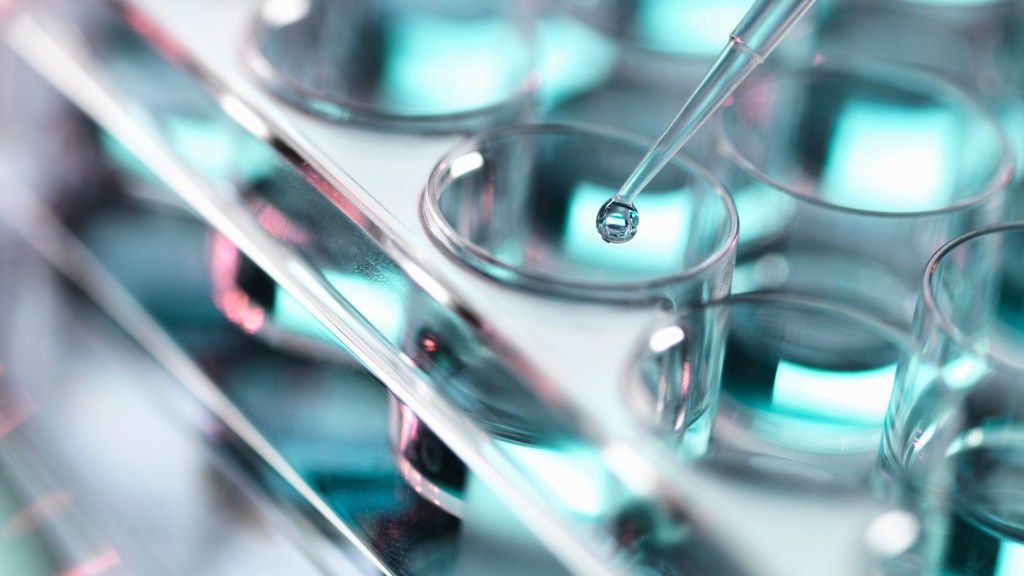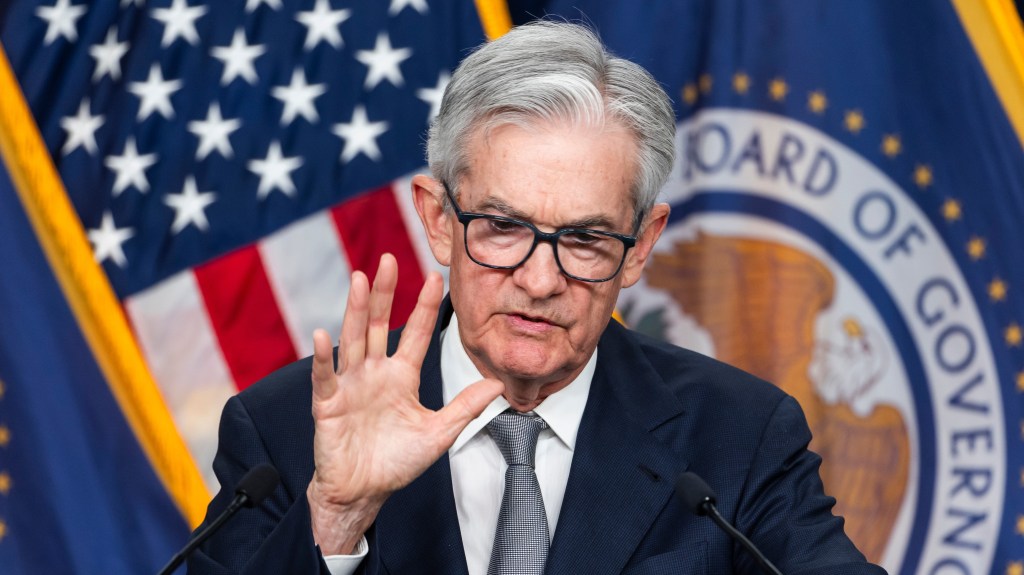BMW to Launch Hydrogen Cars by 2028
BMW is set to introduce its inaugural mass-produced hydrogen-powered vehicles in 2028, marking a significant commitment to the future of hydrogen fuel for passenger cars.
The German automaker has spent the past two years testing prototypes of the iX5 Hydrogen SUV and is now confident in growing consumer interest in hydrogen fuel cell vehicles over the next decade, as opposed to traditional electric battery vehicles.
Oliver Zipse, BMW’s CEO, expressed this sentiment, stating, “This is a milestone in automotive history. It will signal a significant demand for fuel cell vehicles.”
BMW’s hydrogen fuel cell technology is heavily reliant on its partnership with Toyota, a long-time advocate for hydrogen as an alternative energy source. Toyota has been utilizing a limited fleet of Mirai hydrogen models for nearly ten years but has not yet made a public commitment to high-volume production.
Contrastingly, other manufacturers like Volkswagen have chosen to forgo hydrogen technology for passenger vehicles, suggesting that hydrogen is more suitable for heavy-duty applications, such as trucks and buses, where the weight of batteries and lengthy recharge times are less efficient.
While BMW has refrained from disclosing production numbers for its hydrogen vehicle, it assured that production will be “serious”. Pricing details remain under wraps, with the company describing the cost as “customer-driven”.
The carmaker has not specified what form the hydrogen vehicle will take, confirming that it will not be the BMW iX5 Hydrogen under trial in various countries, including the UK.

It is anticipated that BMW’s hydrogen vehicle will face similar challenges related to pricing, range, and refueling infrastructure that currently hinder the widespread adoption of battery electric vehicles. Given the high costs associated with new technology, hydrogen vehicles may end up being pricier than gasoline counterparts unless BMW chooses to subsidize their production.
The iX5 prototype offers a range of just 310 miles, which is lower than many petrol cars on a full tank and comparable to larger electric vehicles. Both BMW and Toyota are working towards improving efficiency, promising a 20% increase in the next generation of fuel cells, potentially raising the range to approximately 375 miles.
Currently, hydrogen costs more than petrol, and the refueling network is still developing. In response to European Union targets for hydrogen stations to be installed every 200 kilometers (125 miles) on major highways by 2030, BMW plans for 600 stations to be established across Europe in the next six years.
Michael Rath, BMW’s vice-president of hydrogen vehicles, noted, “We anticipate significant infrastructure development due to the high demand from heavy-duty vehicles.”
On convincing consumers to adopt hydrogen vehicles, Rath highlighted their benefits as superior zero-emission options compared to battery electric cars, especially for drivers who travel frequently or tow trailers. He emphasized the faster refueling time, suitability for regions with limited charging facilities, and better performance in colder temperatures.

Rath further clarified that hydrogen fuel cell vehicles are designed to complement rather than replace battery electric vehicles. He stated, “They are not competing technologies but rather two forms of electric cars with different energy storage methods. Hydrogen fuel cells provide the benefits of both electric driving and quicker refueling times.”
He concluded by comparing the approach of backing solely battery electric vehicles to standing on one leg, emphasizing the need for a balanced strategy. “Yes, you can do it, but not for long. That is why we need a second electric leg.”




Post Comment